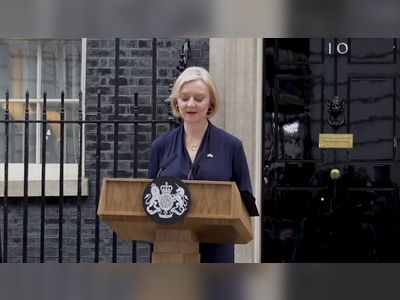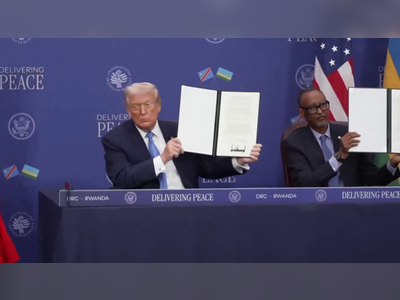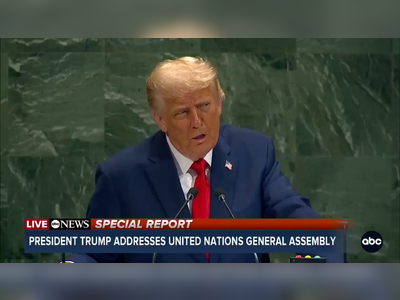UK and Germany Sound Alarm on Russian-Satellite Threat to Critical Infrastructure
Berlin and London accuse Moscow of stalking, jamming and potentially attacking Western satellites amid rising space-security tensions
Germany and the United Kingdom have publicly accused Russia (and by extension China) of systematically targeting Western satellite systems, raising fresh concerns about the militarisation of space.
German Defence Minister Boris Pistorius told a Berlin space-industry conference that two Russian Luch-Olymp reconnaissance satellites were tracking Intelsat spacecraft used by Germany’s armed forces.
He warned that Russia and China now have the capacity to “jam, blind, manipulate or kinetically destroy” satellites.
In London, Major General Paul Tedman, head of the UK Space Command, reported that Russian forces are “shadowing” British military satellites and attempting to jam them on a weekly basis.
He said the U.K. operates six dedicated military satellites that underpin secure communications, navigation and surveillance — systems vulnerable to these hostile actions.
Officials emphasise the stakes extend far beyond military assets: disruption of communications, broadband internet, Geolocation positioning and financial-transaction timing could ripple into civil, commercial and defence sectors.
Analysts observe that the ability of satellites to support air, sea and land operations ties space firmly into the domain of modern warfare.
Both governments responded with stepped-up investment and policy changes.
Germany announced plans to spend approximately €35 billion over five years to upgrade its space-defence capabilities.
The U.K. has begun testing sensors to detect laser threats in orbit and is deepening co-operation with the United States on joint satellite manoeuvres.
While Russia has not publicly responded to the most recent allegations, it has previously rejected claims it is weaponising space.
In the broader NATO context, these warnings form part of a growing narrative that holds space as an operational frontier alongside air, land and sea — raising urgent questions about regulation, deterrence and international norms in orbit.
German Defence Minister Boris Pistorius told a Berlin space-industry conference that two Russian Luch-Olymp reconnaissance satellites were tracking Intelsat spacecraft used by Germany’s armed forces.
He warned that Russia and China now have the capacity to “jam, blind, manipulate or kinetically destroy” satellites.
In London, Major General Paul Tedman, head of the UK Space Command, reported that Russian forces are “shadowing” British military satellites and attempting to jam them on a weekly basis.
He said the U.K. operates six dedicated military satellites that underpin secure communications, navigation and surveillance — systems vulnerable to these hostile actions.
Officials emphasise the stakes extend far beyond military assets: disruption of communications, broadband internet, Geolocation positioning and financial-transaction timing could ripple into civil, commercial and defence sectors.
Analysts observe that the ability of satellites to support air, sea and land operations ties space firmly into the domain of modern warfare.
Both governments responded with stepped-up investment and policy changes.
Germany announced plans to spend approximately €35 billion over five years to upgrade its space-defence capabilities.
The U.K. has begun testing sensors to detect laser threats in orbit and is deepening co-operation with the United States on joint satellite manoeuvres.
While Russia has not publicly responded to the most recent allegations, it has previously rejected claims it is weaponising space.
In the broader NATO context, these warnings form part of a growing narrative that holds space as an operational frontier alongside air, land and sea — raising urgent questions about regulation, deterrence and international norms in orbit.









